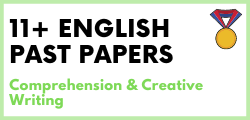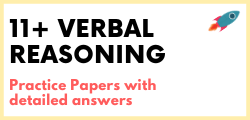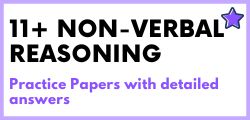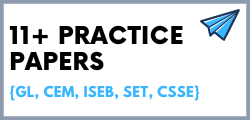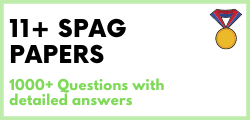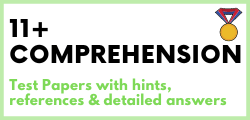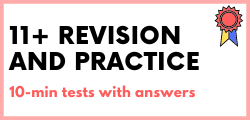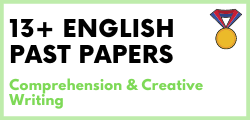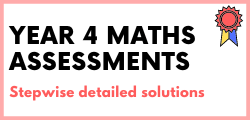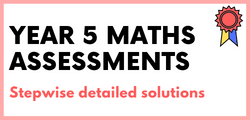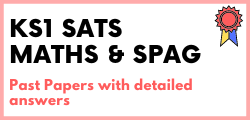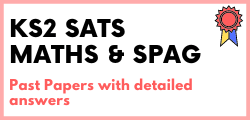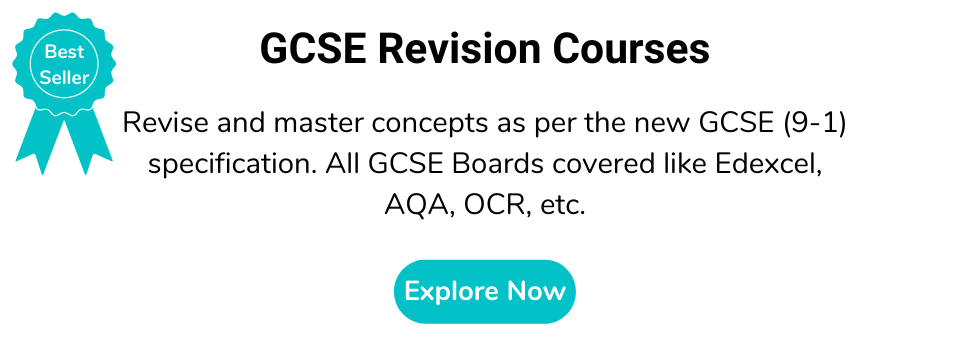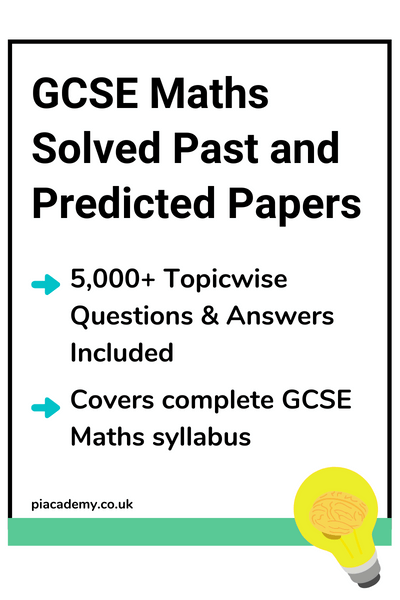GCSE Exam Boards
There are several GCSE UK exam boards (also known as awarding bodies) that are able to set and award qualifications, such as GCSEs and A levels, to pupils in state schools and colleges.
All GCSE exam boards follow strict guidelines from Ofqual (the Office of Qualifications and Examinations Regulation) to regulate standards and ensure parity, but the layout, content and format of exams varies from board to board.
Table of contents
Schools and colleges, therefore, have a choice of which exam board they will use for each subject, and must look carefully at each specification to decide which awarding body and qualification they will choose.
Decisions can be based on the number of papers, weightings of units and ratios of written exams to non-exam assessment, as well as on specific content covered by the course.
It is no secret that variation exists between the different examination boards – this can include the style of questions, the content included, and the difficulty level of the paper.
Although there isn’t anything to worry too much over (all exam boards are subjected to rigorous processes to ensure standardisation) it is important to still be aware of these differences.
In the recent GCSE exams of 2017 for example, the requirement for students sitting the new higher Maths paper meant that they only had to achieve 18% to pass, which is a 4 (this is comparable to the old C).
This meant that students had to successfully answer less than a fifth of the paper's marks. To achieve an A, which is now equivalent to a 7; students had to score 52% in the exam.
In 2016 the marks were slightly different, and you needed to get close to 40% in order to pass. This year, standard passes were being given out by one exam board to students who achieved just 15%!
The English and Maths exams have increased in difficulty and were dubbed by experts to be the hardest exams since the 1980’s O Levels. However, the pass mark has been lowered so considerably that critics such as Professor Alan Smithers, director of the Centre for Education and Employment Research at Buckingham University, have regarded it as “more or less giving away the grade.”
Even though the pass marks have been lowered, the proportion of students achieving at least an A grade (or 7) decreased to 20% with a drop of 0.5%. This, however, makes 2017 the lowest year since 2007, and marks it as the sixth year of decreasing levels, while achieving a C (or 4) grade is at its lowest since 2008, dropping 0.6% since 2016, which is now at 66.3%.
AQA
AQA (Assessment and Qualifications Alliance) is one of the main examination boards in England and currently accounts for more than half of the GCSE and A-level qualifications taken and marked in the UK each year.
AQA is a registered charity, independent of the government, and is managed by a board of trustees who have responsibility for the overall strategy and direction of the organisation.
The organisation has been around for almost 20 years, having been formed from a merger between the Associated Examining Board (the AEB) and Northern Examinations and Assessment Board (NEAB) in April 2000.
In total, AQA offers qualifications in around 60 subjects and within these subject areas there are a variety of specifications and qualification levels.
The core subjects of maths, English and science are covered, as well as numerous languages, humanities, ICT-related areas, PE and creative subjects. AQA also offers Applied General and Level 1, 2 and 3 qualifications in a variety of skills-based subject areas such as business, science, catering, and general skills, as well as independent extended projects.
Edexcel
Edexcel – its name being a portmanteau of “education” and “excellence” – is one of the largest awarding bodies in the UK alongside AQA and is the qualification brand name for publishing and education company Pearson. Edexcel was originally formed in 1996, following the merger of the Business and Technology Education Council (BTEC) and the University of London Examinations and Assessment Council (ULEAC), which administered GCSEs and A levels.
Although it was initially established as a charitable organisation, Edexcel is now owned by Pearson and is the only privately owned exam board in the UK.
The company is overseen by a board, which regulates standards and monitors the overall running of the company.
It offers a variety of courses and qualifications for 14- to 19-year-olds, but is largely used for GCSE and A-level qualifications in the UK (as well as some vocational qualifications, including NVQs and Functional Skills).
Edexcel offers qualifications in around 50 subject areas, including the core subjects of maths, English and science.
However, there are more than 300 choices of topics or subjects attached to the various work-based and NVQ competency qualifications, and Edexcel is a popular choice for BTEC and NVQ qualifications.
OCR
OCR (Oxford, Cambridge and RSA) sets and assesses GCSEs, A levels and a wide range of vocational courses. It is one of the main examination boards used in the UK but is also part of Europe’s largest assessment agency, operating in more than 150 different countries.
OCR was established in 1998 following the merger of UCLES (University of Cambridge Local Examinations Syndicate) and RSA (an exam board offering vocational qualifications since the 1850s).
Operating as a charity, OCR is governed by an executive team (led by CEO Jill Duffy), which ensures the management and day-to-day running of assessment, operations, products and sales and marketing.
OCR offers GCSEs and A levels in more than 40 subjects, including the core subjects of maths, English and science, but also a range of languages, humanities and creative arts subjects.
It also offers more than 450 vocational qualifications, spanning fields of industry including business, ICT, health and social care, and media.
GCSE Exam Boards Grade Boundaries
AQA: Pass (Grade 4) 2017 = 19.2% of marks 2016 = 53.4% of marks
OCR: Pass (Grade 4) 2017 = 15.3% of marks 2016 = 30.5% of marks
Edexcel: Pass (Grade 4) 2017 = 17% of marks 2016 = 35% of marks
You can see that there is quite a difference in exam grade boundaries between the examination boards.
Although one exam board’s pass markings may be lower than another, it is also crucial to consider that you cannot find the ‘easiest’ exam board, as each exam board adjusts their grade boundaries depending on how hard or easy the paper was.
OCR has been known for their slightly more difficult examinations (they had to rewrite their GCSE Maths paper and withdraw their new language A-levels), and in 2016, Greenhead College students left an OCR Maths exam in tears due to the paper’s challenges. However, we can see here that OCR has the lowest pass rate for the Maths higher exam, so it really differs from paper to paper.
The teacher and the school can choose what exam board to follow based on the classes’ needs and the teacher’s interests. Conversely, teachers can overestimate the power of certain questions, as research portrays that teachers underestimate multiple choice questions' difficulty, while open-ended questions can be easier to tackle than first thought.
There is also evidence portraying that teachers have ‘played the system’ by selecting examination boards on the easiness of their questions.
GCSE Bords - Exam Approaches
AQA
AQA exams are best fit with people who are good at writing extended answer questions. They don’t have to be essays but structuring your answers in full sentences with linking words and paragraphs works in your favour for AQA exams.
The most coursework is included within AQA as well, so there is less exam pressure on those who prefer writing essay outside of an exam situation.
Edexcel
Edexcel takes a very logical approach to the exam. Bullet pointing answers in a simple structure can allow you to gain all the marks very quickly and if you are somebody who learns well by answering exam style questions, then Edexcel is for you, as the website supplies stacks of past papers and exam questions for you to try, unlike AQA, who have recently started locking the papers away.
OCR Exam Board
OCR is the final board and is made for people who can answer evaluative questions on information provided. Unlike the other two, there aren’t as many facts to be learnt beforehand and instead, OCR tests candidates on their application of theories inside the exam.
The board is perfect for people who find remembering facts difficult and prefer authoring critical essays, while it is much more difficult for people who find analysis hard.
GCSE Exam Boards Summary
These are the three biggest exam boards, so it's important for parents to know the differences between them. Schools will vary in what they offer, even subject to subject.
Whatever exam board you choose, make sure you know the requirements and differences.








